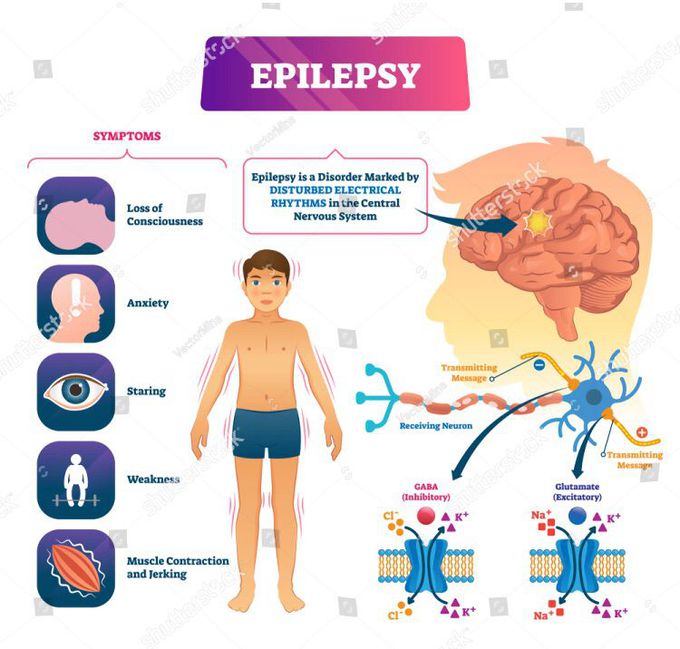

Epilepsy
Epilepsy is a central nervous system (neurological) disorder in which brain activity becomes abnormal, causing seizures or periods of unusual behavior, sensations, and sometimes loss of awareness. Anyone can develop epilepsy. Treatment with medications or sometimes surgery can control seizures for the majority of people with epilepsy. Some people require lifelong treatment to control seizures, but for others, the seizures eventually go away. Some children with epilepsy may outgrow the condition with age. Seek immediate medical help if any of the following occurs: The seizure lasts more than five minutes. Breathing or consciousness doesn't return after the seizure stops. A second seizure follows immediately. You have a high fever. You're experiencing heat exhaustion. You're pregnant. You have diabetes. You've injured yourself during the seizure. If you experience a seizure for the first time, seek medical advice.
Dandy Walker Malformation | Diagnosis symptoms and treatment2-Minute Neuroscience: Brain AneurysmsSeizures (Epilepsy) Nursing NCLEX: Tonic-Clonic, Generalized, Focal, SymptomsStroke: Causes, Risk Factors, Treatment, and Prevention | Mass General BrighamNeurofibromatosisBrain Blood SupplyAbsence seizuresSymptoms of absence seizures

